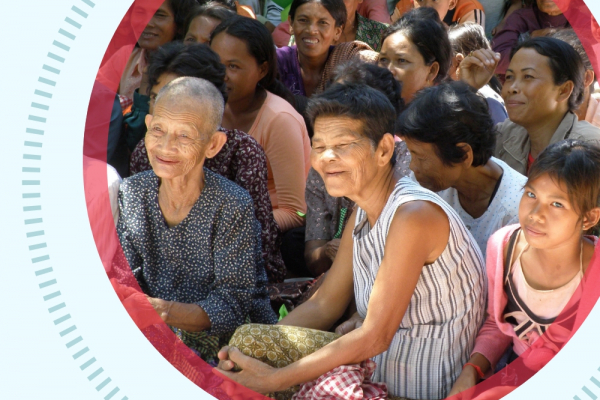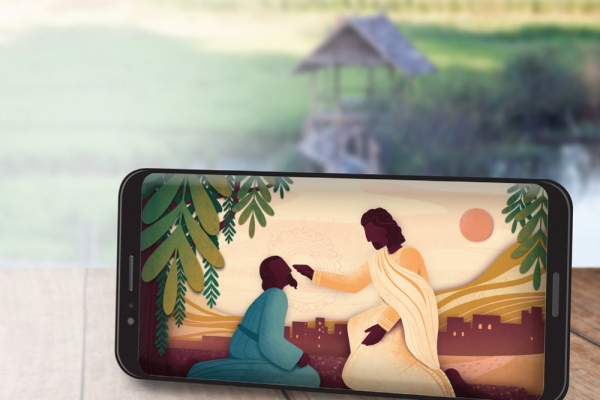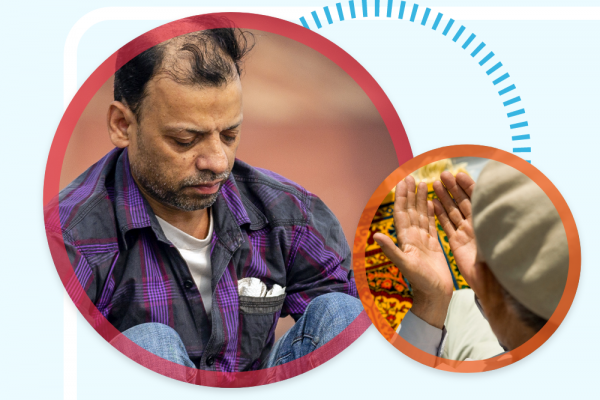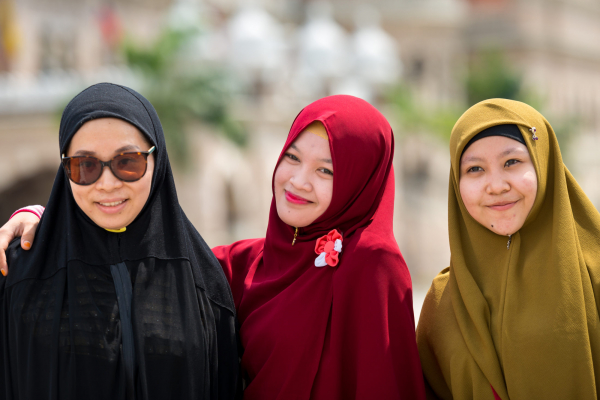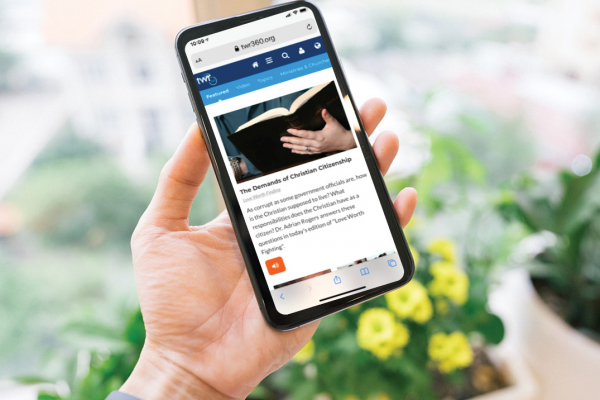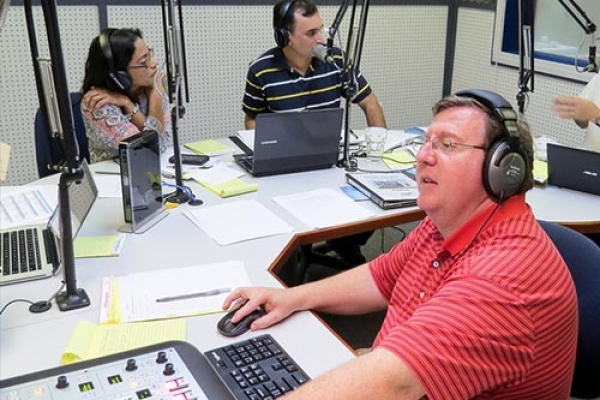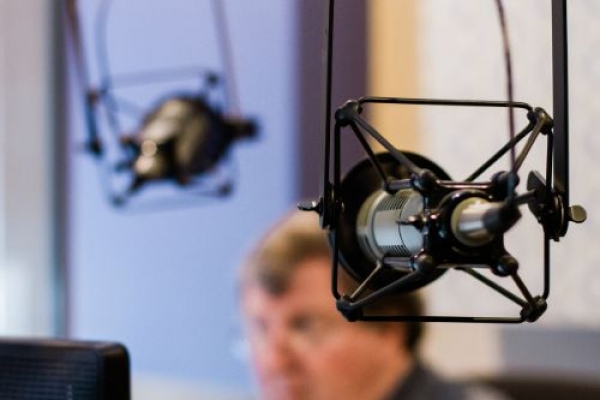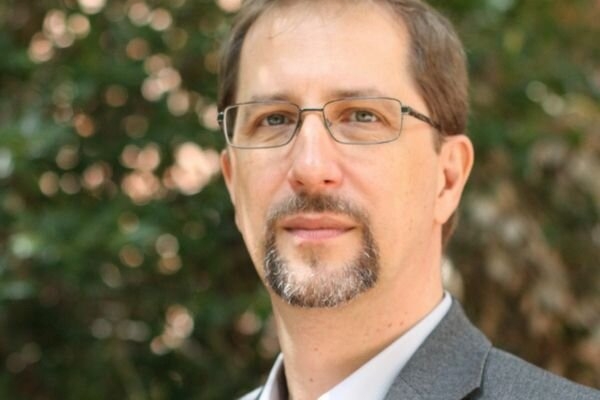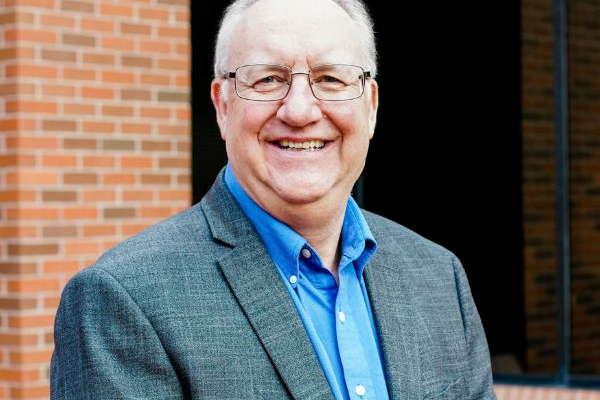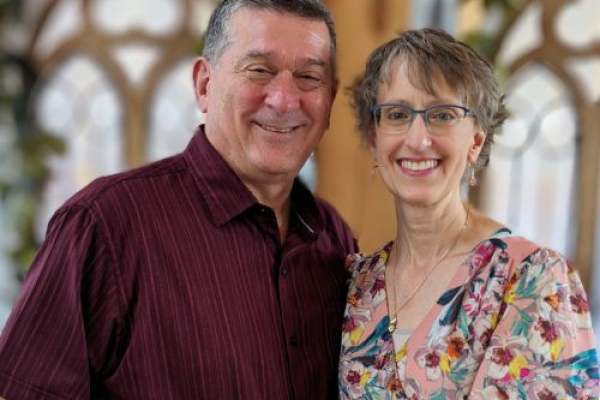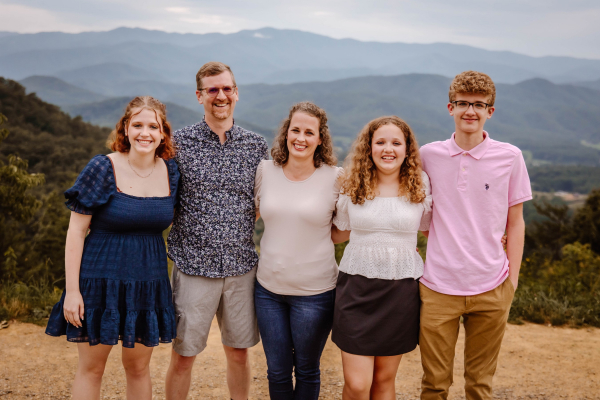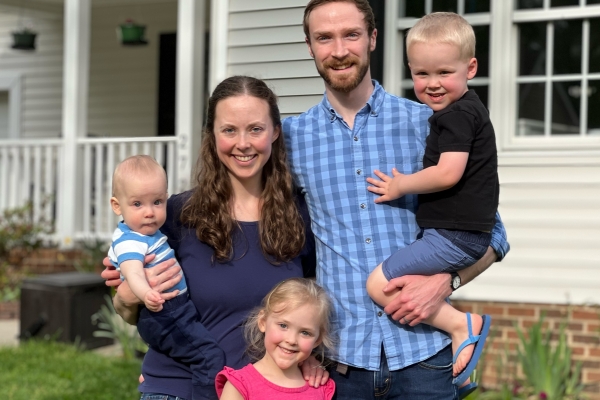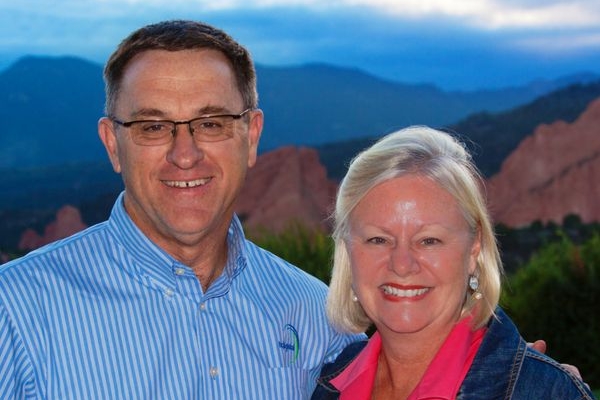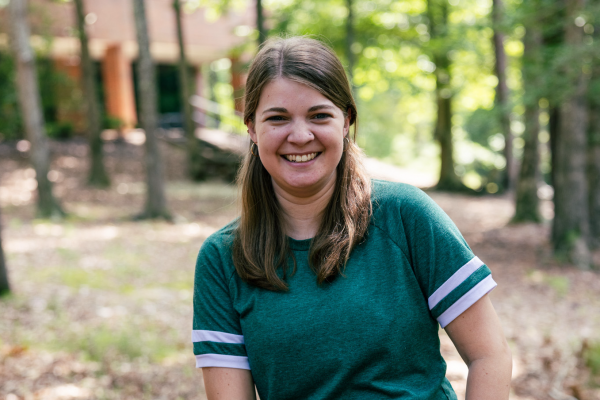
Reach the Last: Overcoming Barriers to the Somali People
[Estimated reading time: 8 minutes]
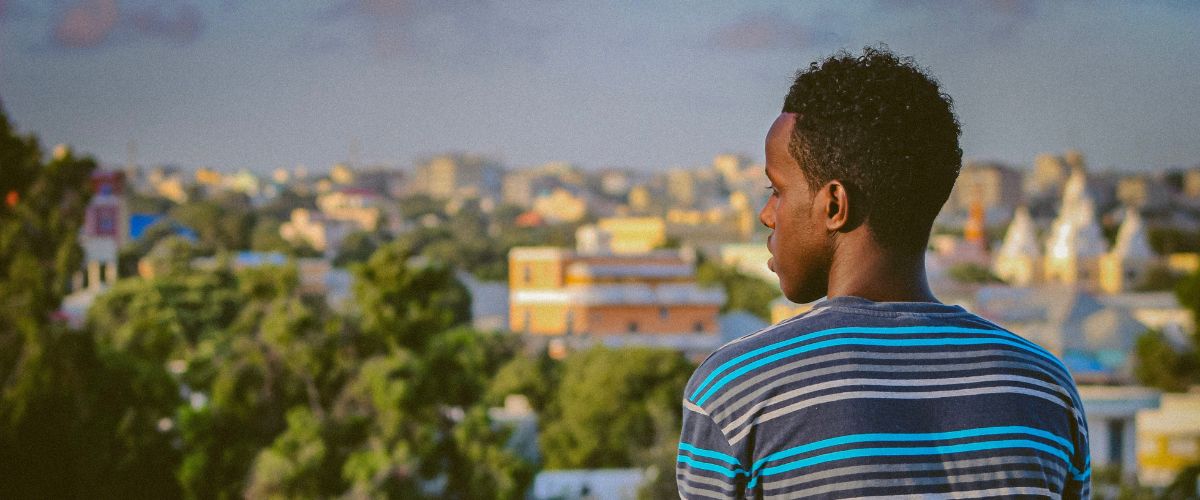
Of the 26 million Somali people located in 25 countries across the world, only 0.03% are evangelical.
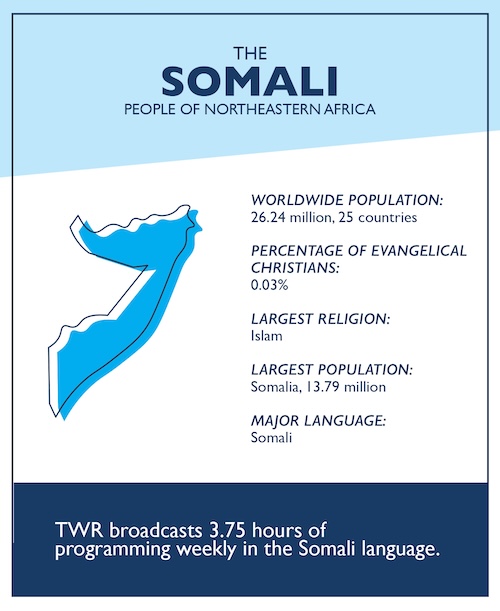 The call to a TWR specialist came from somewhere in Somalia. Although the unidentified listener to the Somali-language translation of Thru the Bible began on a positive note, it soon became clear he was in trouble.
The call to a TWR specialist came from somewhere in Somalia. Although the unidentified listener to the Somali-language translation of Thru the Bible began on a positive note, it soon became clear he was in trouble.
“Greetings to you brother,” the man began. “I am fine even though somewhat disturbed. I left Ethiopia and lost my legal documents to the police who seized my documents while [I was] coming to the border town. I am now confined within my country, and I need prayers so that God may help me overcome evil and the Satan. I just left and [am] hiding from danger.”
The man’s call, made in October 2022, reflects the plight of Somali people who are Christians, and particularly of Somali Christians living in Somalia.
Welcome to Reach the Last, a yearlong series in which we at TWR will focus on some of the world’s least-reached people groups and how your partnership enables us to be God’s tools to “bring them out of darkness and the shadow of death, and burst their bonds apart” (Psalm 104:17).
We start this month with the 26 million Somali people and the 25 countries in which they live, including Somalia itself.
Hundreds among millions
Jesus assured his disciples that “they will deliver you up to tribulation and put you to death, and you will be hated by all nations for my name’s sake (Matthew 24:9).”
Somali believers know something of what those words mean. Open Doors, an agency that monitors persecution of Christians, placed Somalia second on its World Watch List for 2023 of countries where it’s most difficult for believers to live. The number of Christians in a country of 17 million people is estimated at only in the hundreds. Christians from Muslim backgrounds come under attack from insurgents, from their communities and from their own families.
“‘Church life’ is simply not possible, so the few believers must meet in secret,” the report stated.
For those few believers, the closest thing they may have to church is the TWR programming they listen to in secret on their radios, brought to them by shortwave from our transmitter in Eswatini.
Of the 3.75 hours of programming TWR broadcasts weekly in the Somali language, a one-half-hour Women of Hope program can be heard at certain times in Somalia itself.
“The other fellowship members continue to meet underground and tune into the TWR station,” our specialist reported after a June 2023 phone call from Somalia.
‘Somali diaspora’
While physical danger may be less, cultural barriers remain for Somalis outside of Somalia who follow Jesus. Fleeing chaos and war, large numbers of expatriate Somalis settled in neighboring countries over the past 30 years. A smaller number moved to the West. According to a 2016 Pew Research summary, the number of Somali immigrants in the United States rose from 2,500 in 1990 to as many as 150,000 by 2015.
![Somali refugee women and children wait for water outside of a refugee camp in Dadaab, Kenya. [photo by IMB.org]](/Files/Articles/Global/2024/Somali%20People%20Refugees%20photo%20by%20IMB%20500x400.jpg) Whether in Somalia or elsewhere, few Somalis have a saving knowledge of Jesus Christ. Joshua Project, which chronicles the world’s people groups, finds that only 0.03% of the world’s Somalis are evangelical. Wherever they are found, Somalis are considered “unreached,” meaning there are not enough Somali believers to grow the church without outside support. The threshold for a self-sustaining Christian population is generally considered to be 2%.
Whether in Somalia or elsewhere, few Somalis have a saving knowledge of Jesus Christ. Joshua Project, which chronicles the world’s people groups, finds that only 0.03% of the world’s Somalis are evangelical. Wherever they are found, Somalis are considered “unreached,” meaning there are not enough Somali believers to grow the church without outside support. The threshold for a self-sustaining Christian population is generally considered to be 2%.
Arrival in the West doesn’t mean Somali people are eager to embrace Christianity, said Ethan Larson, who has spent the past seven years seeking to share Jesus with Somalis in a North American city with a significant Somali population. So that his work will not be compromised, we’re using a pseudonym and not naming the city where he serves.
“They come in thinking that they’re entering a Christian country, and so they come in with their defenses up,” Larson said of the Somalis in his city. "They have been trained from an early age to argue with Christians. This is especially true of those raised in the West."
But the root of the opposition, Larson believes, is spiritual. “It seems like there is a stronghold of the enemy over them,” he said.
Jesus in Garissa
Enos Changulo experienced that stronghold when he served as senior producer at TWR Kenya’s station in Garissa, a Kenyan city in which the population is mostly Somalis who follow Islam. From his arrival in 2010, the station began attracting listeners with a careful blend of cultural programming and biblical messages that were designed to be particularly appealing to youth.
The TWR station, under the name of Sifa (Praise), became the most popular in Garissa, Changulo said. Unrelated businesses in Garissa were changing their names to Sifa to capitalize on the popularity.
“So as we went on, we discovered that the local Muslim clerics, they began preaching about us in the mosque, telling people to stop listening to our station because we are corrupting their people,” Changulo said.
Members of a fundamentalist sect one day confronted Changulo, threatening to burn down the TWR station in Garissa. Changulo stood his ground, saying they could burn down the station, but it would not stop TWR from broadcasting into the region.
“They respected that, and they asked for a conversation with us,” he said.
That three-hour conversation the next day ended with mutual respect and compromise. The station would continue to “speak Christianity,” along with its popular programs on agriculture, entrepreneurship, business, education and health issues. They would allow “a small dose” of Islamic programming, but claims that Mohammed is the one and only true prophet would be prohibited.
The station even introduced a call-in program hosted by a Muslim cleric, a Muslim elder and a Christian missionary addressing social issues “from an Islamic perspective and a Christian perspective, under strict instructions that they do not insult each other on air,” Changulo said.
The program became so popular that it went from an hour weekly to a three-hour weekly show, he said.
The station also moved what Changulo calls “hot” Christian programs, such as Thru the Bible and Dorothy’s Devotions, from daytime broadcast to nighttime. “Because during daytime we discovered that it’s easy for Somalis to be roused and tell each other to rise up in arms against our programming.”
Station personnel became known and would have opportunities to engage with people as they went about their daily business. “There are many people who came to the location where we were based – young people – and [would] just start little debates,” he said. “So we could be doing apologetics on radio and also doing it physically, face to face.”
A 2015 terrorist attack at Garissa University that left 148 people dead caused TWR Kenya to adopt a new strategy. Today, TWR Kenya streams programs to the transmitting site in Garissa, where an office still is maintained. Changulo relocated to Nairobi, where he now serves as Partnership and Resource Department manager.
In Ethiopia
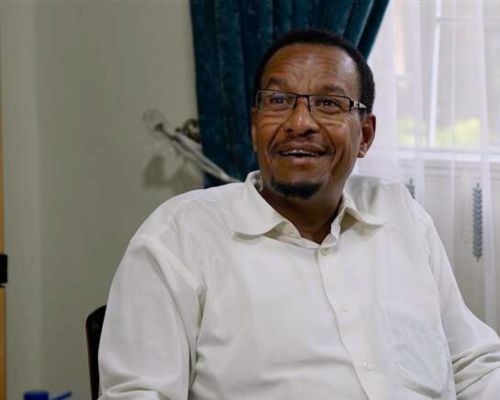 More than 8 million Somali people live in Ethiopia, according to Joshua Project. Wakshuma Terefe, director of TWR’s partner there, Yemisrach Dimts Radio (The Voice of Good News), said the Somali and Afar regions of Ethiopia are 100% Muslim.
More than 8 million Somali people live in Ethiopia, according to Joshua Project. Wakshuma Terefe, director of TWR’s partner there, Yemisrach Dimts Radio (The Voice of Good News), said the Somali and Afar regions of Ethiopia are 100% Muslim.
Yemisrach Dimts produces programs in the Somali language, Terefe said. He also has found social media to be increasingly effective in connecting with Somali people. “We have many audiences on Facebook. ... We advise them, we guide them, and they ask questions on Facebook.”
TWR Kenya also broadcasts, via its Atoo Sifa FM station, to the Kakuma refugee camp, which includes a large number of Somalis.
“I am a coordinator of the fellowships in the refugee camps and part of Southern Somalia,” a caller said in January 2021. “Here in Kakuma, we fellowship together, and the number of Christians [is] close to 180 families. We are blessed to listen to The Word Today Somali program every evening.”
Women of Hope programs are broadcast in Somali to the Somali-speaking regions of Ethiopia as well as to Somalia, said Sphiwe Nxumalo-Ngwenya, Women of Hope director for Africa. During a recent visit to Ethiopia, she met with listeners to the program.
“The producer kept saying ‘secret church,’ meaning they are meeting but it is secret,” she said.
But the Church of Jesus Christ will not always be secret. Jesus promised that the gates of hell will not prevail against his church (Matthew 16:18).
Ethan Larson invites us to pray for the Somali people in that light.
“I’ve just been praying for God to build his church among the Somalis,” Larson said. “He’s promised that he’ll do it throughout the world. He’s promised that he will be worshiped by every tribe and tongue and people and nation, and so we can just pray that God will remember his promise.”
Images: (top, right) statistics courtesy of Joshua Project and TWR, (middle, left) Somali refugee women and children wait for water outside of a refugee camp in Dadaab, Kenya. [photo by IMB.org], (bottom, right) Wakshuma Terefe, director of TWR’s partner in Ethiopia, a country that 8 million Somali people call home. [photo by TWR]
This article is part of a bigger series called Reach the Last. We’re calling attention to unreached people groups in the world – those who lack enough Christ followers and resources to evangelize their own people. We’re showing how God is using TWR’s media ministry as one of his tools to call the last people to himself.
